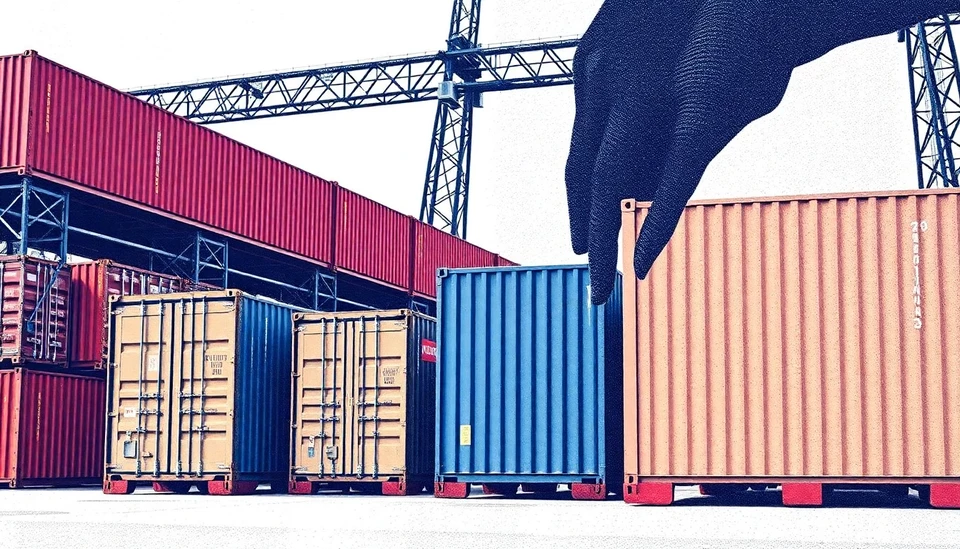
In a bold move that reverberates through international trade, former President Donald Trump's administration has announced a series of tariffs aimed squarely at key sectors of the global economy. This unexpected strategy is designed to reassert American dominance in various industries and reshape the competitive landscape, primarily targeting nations that have long been considered economic rivals.
Officials from Trump's camp have articulated that these tariffs are not merely financial sanctions but are also a calculated maneuver aimed at strengthening domestic manufacturing and reducing reliance on foreign goods. By imposing these tariffs, the Trump administration seeks to encourage American consumers and businesses to prioritize domestically produced products, thereby potentially revitalizing U.S. manufacturing jobs that have been increasingly outsourced over the decades.
Analysts are closely examining the implications of this move, considering both the immediate and long-term effects it may have on global supply chains. The disruption caused by these tariffs is expected to lead to higher prices for consumers, as businesses pass on the costs of increased tariffs. This could, in turn, lead to inflationary pressures that might affect the broader economy, complicating monetary policy for the Federal Reserve.
Moreover, various sectors, including automotive, steel, and technology, are bracing for significant impacts. Industries that rely heavily on imports for raw materials or components may see operational costs rise sharply. This could force companies to make difficult choices between absorbing those costs, passing them onto consumers, or potentially relocating production facilities to avoid the tariffs altogether.
In addition to the economic impacts, there are geopolitical considerations at play. Traditional allies of the United States may view these tariffs as an aggressive shift in policy, potentially straining diplomatic relations. Countries such as China, European Union nations, and others are already preparing reciprocal measures, which could escalate into a trade war that has wide-reaching consequences for international relations and global economic stability.
Critics of the tariff strategy argue that it undermines the principles of free trade and could lead to long-term damage to the U.S. economy. They warn that protectionist policies often backfire, leading to reduced market efficiency and increased consumer costs. As international markets react to these developments, the integrity of existing trade agreements could be put to the test, with countries weighing their responses carefully to mitigate losses.
Overall, Trump's tariff announcement marks a pivotal moment in the future of global trade dynamics. As industries adapt to these changes, the ripple effects will be felt worldwide, influencing both economic policies and diplomatic strategies in the months and years to come. Stakeholders in various sectors will need to remain vigilant as they navigate this evolving landscape, where the intersection of domestic policy and international economics can significantly alter competitive advantages.
As we observe the unfolding of this situation, it becomes clear that the global economy is at a crossroads, influenced heavily by policy decisions made in Washington. How businesses, consumers, and international leaders respond will shape the economic narrative for years ahead.
#TrumpTariffs #GlobalEconomy #TradeWar #EconomicImpact #USManufacturing #InternationalRelations #Protectionism
Author: Rachel Greene




